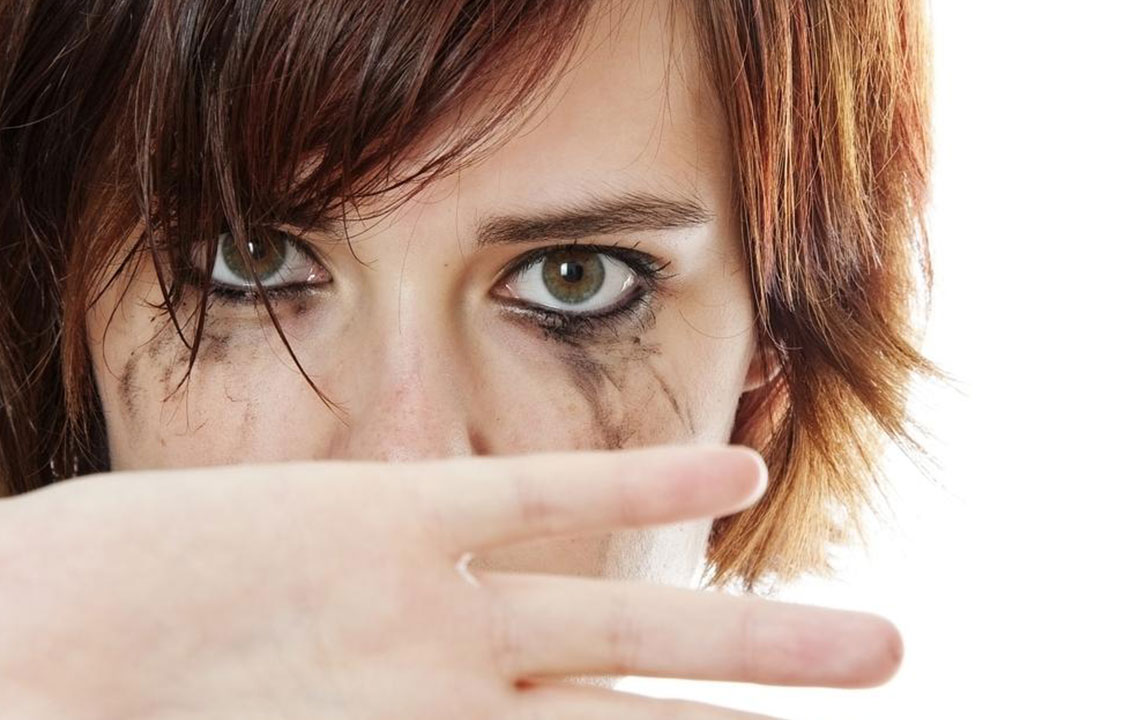Watery Eyes from Allergies – Causes, Types, and Treatment Options
Watery eyes aren’t usually an issue of concern; they can be treated with over-the-counter remedies too. However, sometimes, watery eyes can be caused by allergies, in which your eyes produce tears that roll down your cheeks. There are several reasons behind watery eyes from allergies. Read along to know more.
What causes the eyes to water?
There are many reasons why the eyes water. Some of these are listed below:
- The most common cause is the blockage of one of the tear ducts right below the tear sacs. This may be because of constant narrowing of the upper end of the tear duct due to repeated mild infections and inflammations.

What are eye allergies?
Watery eyes from allergies is a protective reflex to help remove the irritants from your eyes. Moreover, like all other allergies, the eye allergies also occur when your eyes overreact to something. The things that irritate the eyes and make them watery are the same which bother your nose and cause sneezing and runny nose. Moreover, the reasons for watery eyes from allergies can be many including the following:
- Some chemical irritants like onion juices and chemical fumes
- Infection of the eye (infective conjunctivitis)
- An allergy that causes the inflammation of the front of the eye (allergic conjunctivitis)
- A scratch or small injury on or near the eye
- Dirt or grit that gets stuck in the eyes
- Eyelashes growing inwards that irritate the eye (this is a separate condition called Entropion)
Types of eye allergies
There are two types of watery eyes caused by allergies, seasonal and perennial. Seasonal allergies are more common and only occur at certain times in a year, usually starting in early spring and lasting through summer into autumn. The allergens include pollen, grass, weed, trees, and also spores from molds.
Perennial allergies, however, occur throughout the year and the major causes include dust mites, feathers in pillows and bedding, and animal fur. There are also other substances that cause allergies which include smoke, perfumes, air pollution, chlorine, certain medicines, and also cosmetics.
Ways to get relief from watery eyes caused by allergies
You can take several steps depending on what causes your eyes to water. Some of these measures are listed below:
Avoid allergens: The best way is to limit your exposure to the allergens that cause your eyes to water. For example, you could protect your eyes or stay indoors on the days when the pollen count is high. You can use air conditioners to filter the air and use high-quality furnace filters that trap allergens easily. Make sure to clean these filters regularly to keep your house away from these allergens.
Remove your contacts: The surface of contact lenses tend to attract and accumulate airborne allergens, causing your eyes to water. When indoors, try removing your contact lenses. However, you can also switch over to disposable contacts which you can discard after one use. You could also go for glasses during the season when allergens are high.
Over-the-counter medicines: Most times, doctors cure simple eye allergies with common allergy medications. Since the eye allergies are so common, there are several non-prescription eye drops available that relieve you of redness, itching, and watery eyes caused by allergens.
Prescription medication: Some other types of eye allergies require prescription medication. Two popular medicines include the following:
- Antihistamine: Any allergic reaction is related to the production of histamine in your body. When produced in excess, you experience a runny nose and itchy and watery eyes. Antihistamines reduce the production of histamine and induce sleep to allow your body to rest.
- Decongestants: This helps in reducing the swelling in the nasal passages to allow you to breathe more easily. They also reduce the size of your blood vessels on the white portion of your eye to decrease the redness in your eyes.
Immunotherapy: In this treatment, the doctor gives you small doses of the allergen to help increase your body’s immunity against the allergen.
With increasing pollution, it is important that you take care of yourself so that you don’t attract allergies. Make sure that you keep your eyes safe to avoid watery eyes from allergies.

